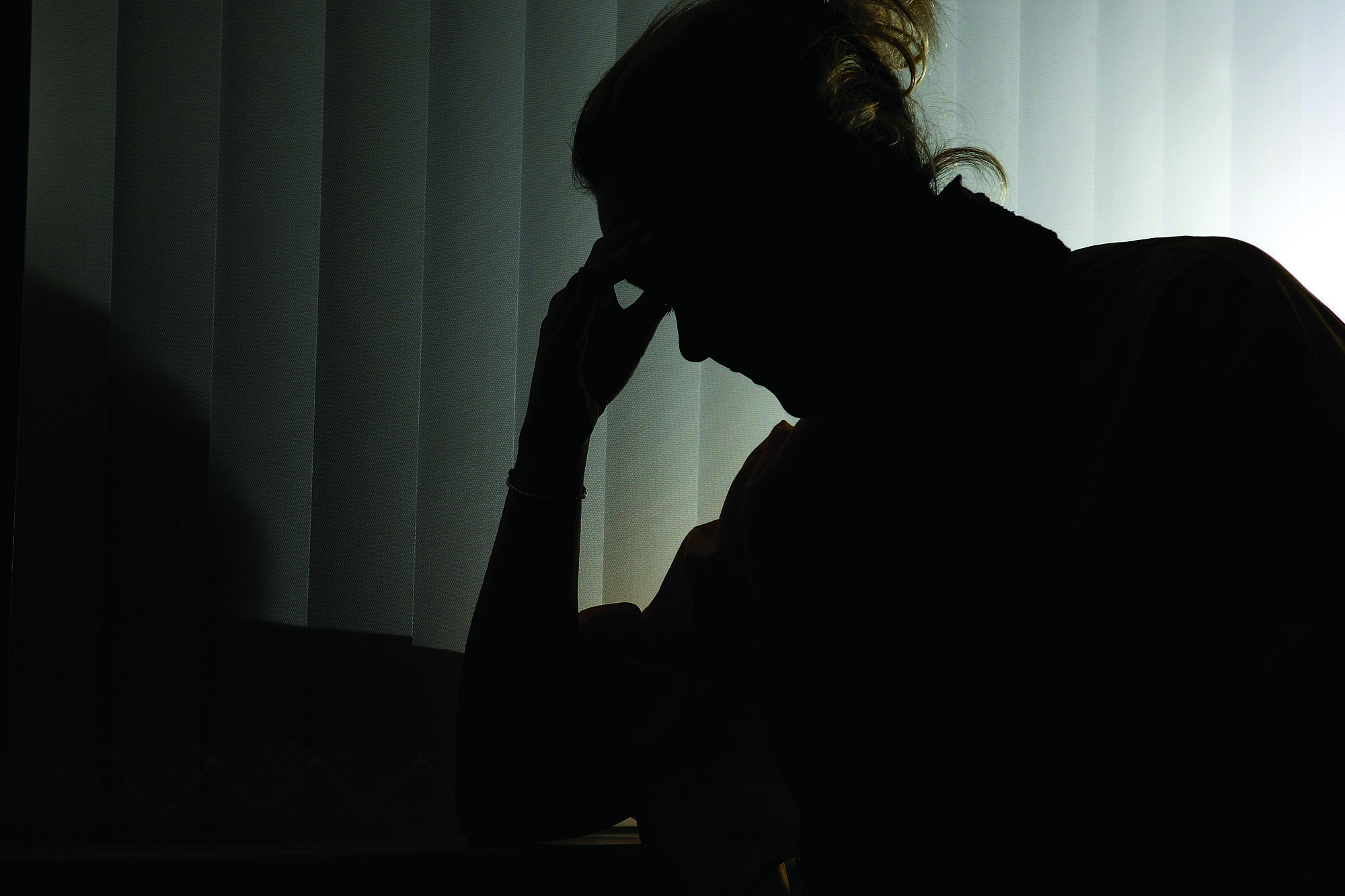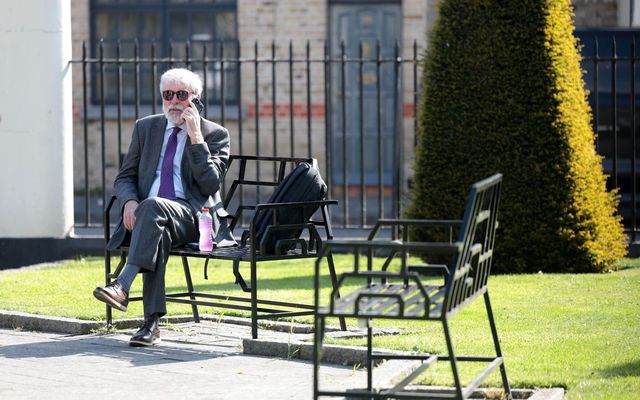ENDING violence against women and girls is a strategic priority on both sides of the border. Against the backdrop of increasing reporting of domestic and gender-based violence, this strategic approach is welcome. And the stakes couldn’t be higher.
98 per cent of women living in the North of Ireland report they have experienced gender-based violence in their lifetime. Half of the population have experienced at least one form of violence simply because they are women.
On the island of Ireland, 62 women have been killed since 2020. The majority of the killers were known to their victims, most of whom were family members. For these women the place they were least safe was their home. So far so well-rehearsed, to the point where these grim statistics and facts have become almost meaningless as their repetition causes little change.
However, rehearsed they must be as there is no time to lose when it comes to addressing this epidemic of violence. Low grade forms of violence, if not addressed and taken seriously, escalate and lead to more extreme violence and worse. How many of the little girls we nurse and push on swings today are we willing to allow to become part of another generation where the violence they will meet becomes “just how it is”, normalised, part of their lives?
Violence against women and girls is so much a part of our everyday lives, how we meet every single encounter, make every single trip, make every single plan, scroll every single website, that we have all accepted it as just part of life. And we all live with the awareness that any one of those moments could turn for the worse. From our workplaces, to our streets, to our places of recreation, to our homes, to the devices in our pockets, violence is present and could escalate. The ever-impressive Lady Chief Justice Siobhán Keegan recognises this and is making changes in the places that always seemed impervious to change – the courts. But it's only by joining the two jurisdictional policies that this emergency can truly be addressed. Joining up the Departments of Justice, Education, Communities and Health across the island is a pre-requisite to making lasting change.
But there are stubborn institutional forces that need to change. We have a party in the North that is signed up to the northern strategy but is tetchy to say the very least about all island cooperation. Social media – the sites that incubate hatred towards women – recognise no border, but does anyone expect Paul Givan and Gordon Lyons to work with Norma Foley and Dara Calleary to develop all-island strategies tackling toxic masculinities? How my heart yearns to say yes, but I doubt it.
If half the population of the North has no faith in the PSNI, and its young people are not joining it, then how are women living in those communities to have faith to make the hardest phone call they will ever make to seek help? Every single barrier that every woman faces in every jurisdiction is magnified by the fundamental failures of the PSNI.
The interests of women and girls, and saving them from systemic violence, can only be achieved by wholehearted commitment from all departments, and all sectors. Our minds must turn to the fundamental structural barriers before it is too late for another generation.








